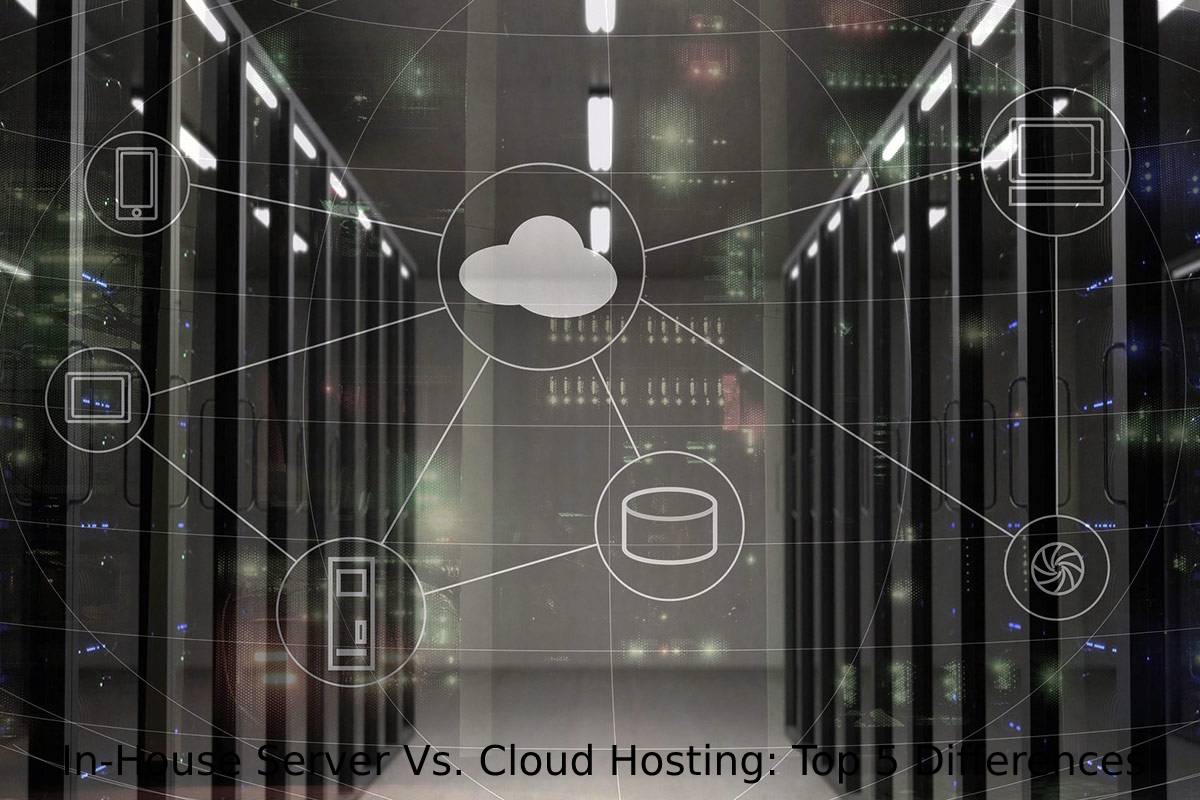The modern world relies more on connectivity and efficiency to achieve greater and the same holds true for accounting businesses. Majority of the CPA firms who use advanced accounting software look for ways to eliminate limitations related to accessing them on the in-house servers. While it is quite easy to choose a cloud hosting provider these days, many of them feel confused about whether to host business applications in the in-house or third-party cloud environment.
If you are one of them and want to put an end to this dilemma, you’ve come to the right place. In this blog, we will cover the top five differences between hosting accounting software on in-house servers or cloud servers. Let’s get to the differences first.
Table of Contents
1. Access to the Software
When you want to build an in-house server set up to host accounting applications, you must know about the consequences. Firstly, you can only access the locally-hosted software on the systems installed in your office premises. If you look at this from the employees’ perspective, it implies zero activity in case you want them to work from home, which is not feasible.
Selecting cloud servers offered by renowned third-party cloud solution providers can come to your rescue here. Once the software is installed on these servers, you and your employees can access them from anywhere using their authorized credentials. All this is possible without investing in the local IT setup.
2. In-house IT Team Support and Maintenance
Obstacles do not come knocking at your door. When they do particularly in terms of in-house servers, you need to stay prepared with a dedicated workforce, which adds to the required costs and efforts. Similarly, you need to maintain the setup regularly for the seamless functioning of the hosted applications.
One of the key highlights of cloud servers is their financial implications. Their setup or maintenance is the responsibility of the cloud hosting provider you have hired. Besides this, you will also have experts available to assist you in dealing with cloud-related queries via phone, chat or email round-the-clock.
Sounds interesting? The benefits of cloud hosting do not end here.
3. Scalability of Local Servers
If yours is a small accounting firm, the last thing you would want is to deal with unnecessary expenses arising out of growing business needs. Suppose you own local servers that are capable of handling two software and can provide access to a maximum of ten individuals to work together. But what if your business and team are growing? You would then want more resources for better work efficiency, which in turn will call for more investments.
You can easily match the growing needs with the right cloud hosting plan. Start with a smaller plan with a cloud solution provider like Verito Technologies based on your time size and required resources. As the business grows, you can easily ask them to upgrade your plan to a higher one. In other words, you will only pay for what you use.
4. Backup of Data
When you offer accounting services to diverse clients, keeping their business-centric data safe and secure becomes your responsibility. Working on software that is hosted on a local setup has a risk of hardware malfunction, which can lead to loss of data. In case of natural calamities or mishaps, it becomes difficult to extract data from damaged servers.
You can avoid facing such situations with the help of cloud hosting solutions for your accounting software. Most cloud solution providers offer data backup facilities with their hosting plans to cater to such critical needs. In case of loss of data, you can ask for data extraction from the rolling backups they provide.
5. Server Uptime
You might not know much about this technical term related to cloud technology. However, it is important for you to understand why it matters for your business. Server uptime simply means the percentage of total time period when the server on which your software runs, is accessible. Ideally, you would expect 100% uptime to access the software without glitches. But maintaining this number requires a lot of technical expertise and investment.
The best part is – you can easily get 99.995% SLA-backed uptime with the help of the right cloud hosting provider. They will also provide you with 24×7 support services in case you face any issues related to using cloud-hosted accounting software.
Final note
Accounting software stays the same when hosted on cloud servers but gets added benefits of cloud technology. You can access it remotely, work with your team on the same files simultaneously, and enjoy maximum uptime.
Author Bio:
Taranpreet Singh is a cloud writer working for Verito Technologies and writes about every aspect related to their cloud hosting business.


